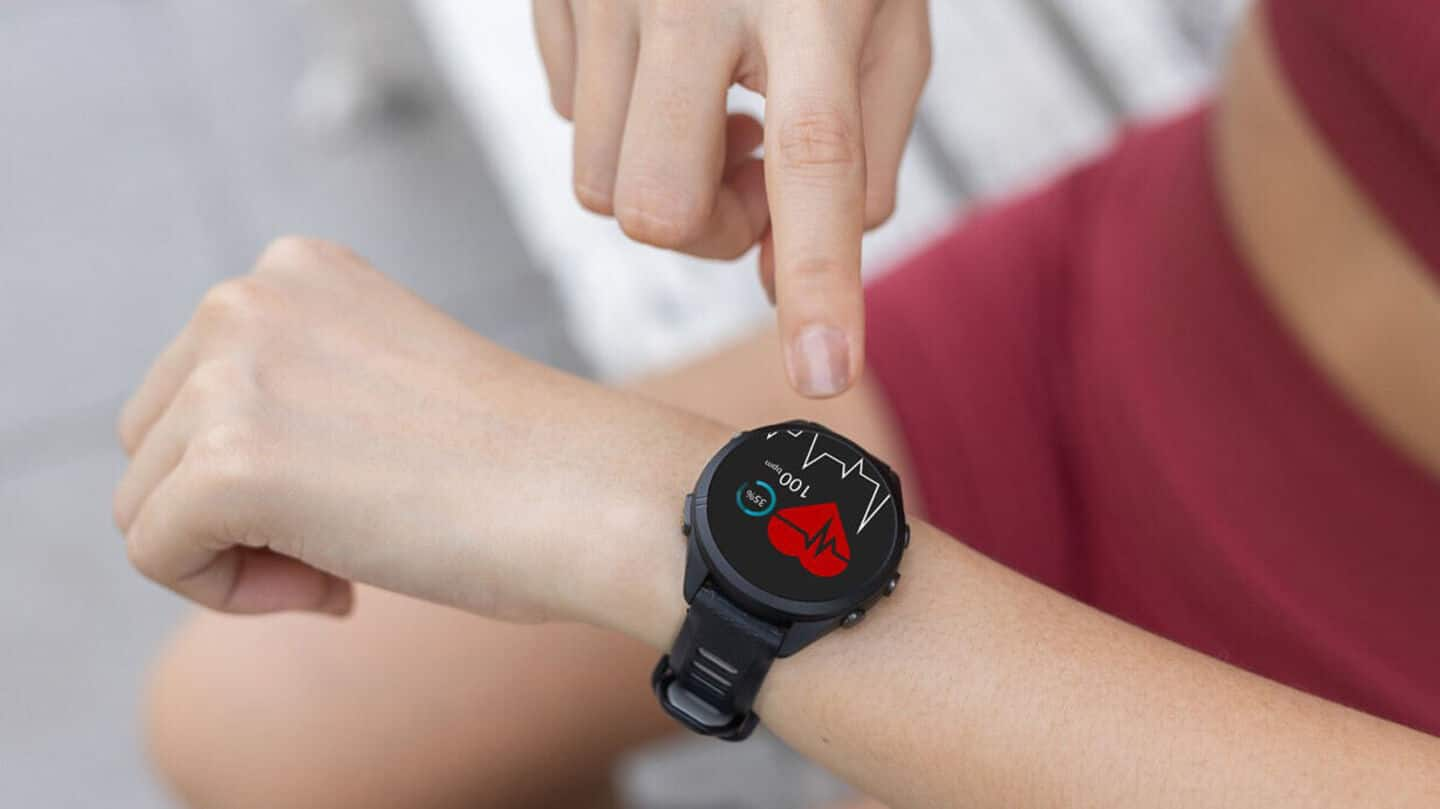
This wearable can detect your heart attack before you do
What's the story
In a breakthrough, a team of engineers at the University of Mississippi has developed a new wearable chip that could change the way we detect heart attacks. The innovative system, as it promises, would be able to detect heart attacks with greater speed and precision than traditional methods, possibly saving lives in the process. The research was led by Kasem Khalil, assistant professor in electrical and computer engineering at the university.
Real-time detection
Chip analyzes ECGs to detect heart attacks
In the US, a person dies of heart attack every 40 seconds, which makes this tech potentially life-saving. Khalil and his team used advanced mathematics and artificial intelligence to develop a chip that could detect heart attack in real-time. The chip analyzes electrocardiograms (ECGs) - graphical representations of the heart's electrical signals - in real-time. It is energy-efficient and has an impressive 92.4% accuracy.
Dual objectives
Wearable chip is 2 times faster than traditional methods
Khalil stressed the importance of time in treating heart attacks, saying, "A few minutes or even a few extra seconds is going to give this person the care they need before it becomes worse." He also noted that their tech is as much as two times faster than traditional methods but equally accurate. The team also focused on design, creating a lightweight, cost-effective device for daily use.
Team collaboration
Wearable tech could monitor heart in real-time
The technology was developed by a collaborative team of doctoral students under Khalil's guidance. Tamador Mohaidat, a doctoral student and co-author of the publication, said their goal was to create portable hardware for wearable or monitoring devices. Another team member, Md. Rahat Kader Khan, focused on software development for the device. He praised their lab's unique approach of considering all aspects of technology development - both hardware and software - in their work.
Time-sensitive element
Traditional detection methods often require medical facility
Current heart attack detection methods often require testing at a medical facility, which can be time-consuming and even harmful to patients. Khalil's team believes that wearable devices could cut down diagnosis time by a lot, resulting in quicker treatment. He said, "When a patient is having a heart attack, the sooner you can treat them, the less likely they are to have permanent damage."